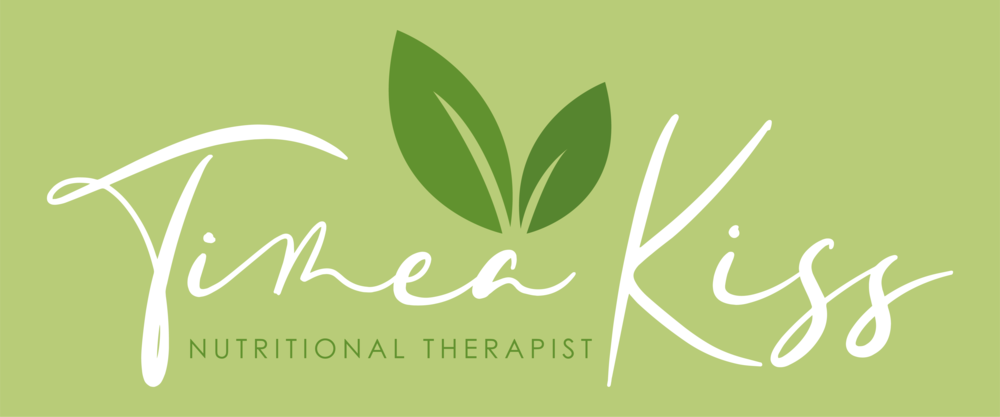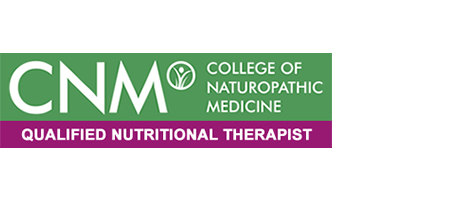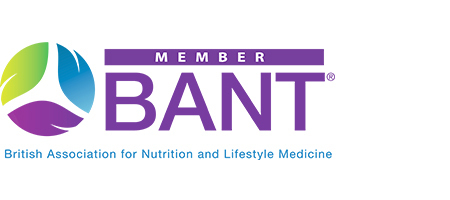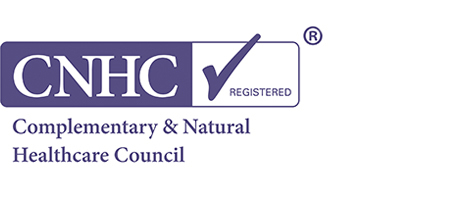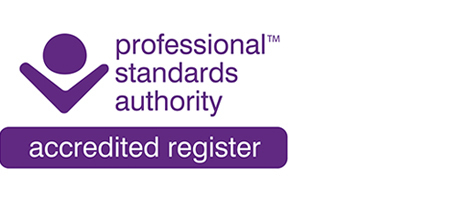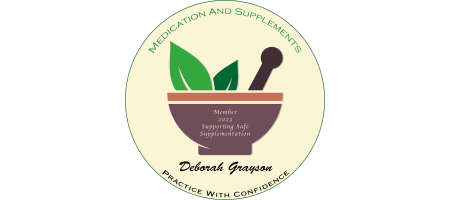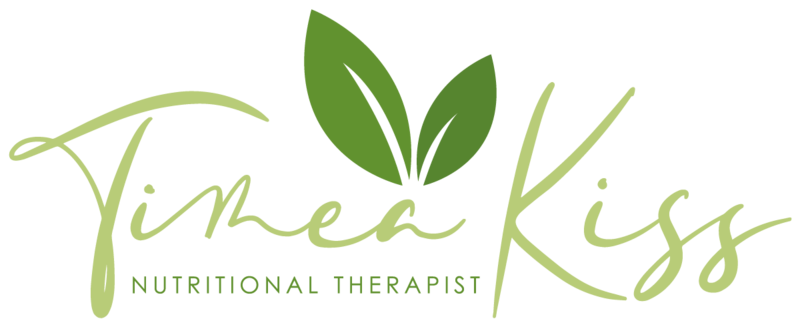How Do I Improve My Gut Health? A Naturopathic Perspective

posted 2nd July 2024

Gut health is a cornerstone of overall well-being, influencing everything from digestion to immune function and even mental health.
Improving gut health involves understanding the delicate balance of the microbiome, the community of microorganisms residing in the digestive tract.
In the UK, Nutritional Therapists registered with the prestigious organisations like the British Association for Applied Nutrition and Nutritional Therapy (BANT) and the Complementary and Natural Healthcare Council (CNHC) offer guidance on this subject.
This article explores various strategies to enhance gut health from a naturopathic medicine perspective.
Understanding Gut Health
The gut, particularly the intestines, houses trillions of bacteria and other microorganisms, collectively known as the gut microbiota. These microorganisms play a crucial role in digestion, nutrient absorption, and immune system modulation. An imbalance in the gut microbiota, known as dysbiosis, can lead to "leaky gut" and various health issues, including gastrointestinal disorders like IBS, SIBO, allergies, and even mental health problems.
What is leaky gut?
Leaky gut, or increased intestinal permeability, is a condition where the intestinal lining becomes compromised and allows harmful substances to enter the body. Surprisingly, this lining is only one cell thick and forms a crucial barrier known as the gut barrier, which separates us from external elements.
Think of it like a castle wall with gates that control who enters and exits. These gates are the tight junctions between the cells. Their job is to allow small, essential nutrients into the bloodstream while keeping larger, harmful particles out.
A healthy gut maintains this barrier, ensuring that nutrients reach our organs and preventing harmful substances from entering the bloodstream. However, an imbalance in our gut microbiota can cause inflammation, leading to increased permeability of the intestinal lining. This allows irritants and toxins to enter the bloodstream, potentially damaging cells and impairing the function of the brain and other vital organs.
Digestive symptoms of Leaky Gut:
- Constipation
- Gas
- Diarrhoea
- Bloating
- Irritable Bowel Syndrome (IBS)
- Small Intestine Bacterial Overgrowth (SIBO)
- Celiac Disease
- Food sensitivities
- Gastric Ulcers
- Crohn’s disease
Systemic Symptoms of Leaky Gut:
- Joint pain
- Arthritis
- Chronic fatigue
- Nutritional deficiencies
- Weak immune system
- Skin rashes
- Weight gain
- Thyroid disorders
Cognitive Symptoms of Leaky Gut:
- Brain fog
- Depression
- Anxiety
- Mood swings
Autoimmune Symptoms of Leaky Gut:
- Rheumatoid Arthritis
- Neuropathy
- Neurological Symptoms
- Multiple Sclerosis
- Lupus Erythematosus
- Headaches/migraines
- Hashimoto’s disease
- Fibromyalgia
- Coeliac disease
Diet: The Foundation of Gut Health
1.Diverse and Balanced Diet
A varied diet rich in fibre, fruits, vegetables, and whole grains promotes a healthy gut microbiota. These foods provide prebiotics, which are non-digestible fibres that feed beneficial gut bacteria. Incorporating a wide range of plant-based foods ensures diverse microbiota, crucial for gut health.
2.Probiotics
Probiotics are live microorganisms that provide health benefits when consumed in adequate amounts. Foods rich in probiotics include yoghurt, kefir, sauerkraut, kimchi, and other fermented products. These foods help replenish beneficial bacteria in the gut, aiding in maintaining a balanced microbiome.
3.Limit Processed Foods and Sugars
Processed foods and high sugar intake can disrupt the gut microbiota, promoting the growth of harmful bacteria. Reducing the consumption of these foods helps maintain a healthier gut environment.
Lifestyle Factors
1.Regular Physical Activity
Exercising positively impacts gut health by increasing microbial diversity. Moderate physical activity, such as walking, swimming, yoga or cycling, is beneficial. Regular exercise supports overall health, including the digestive system.
2.Stress Management
Chronic stress negatively affects gut health, contributing to dysbiosis. Stress management techniques such as mindfulness, yoga, meditation, and deep-breathing exercises can help maintain a healthy gut.
3.Adequate Sleep
Sleep quality significantly impacts gut health. Poor sleep can lead to imbalances in the gut microbiota. Ensuring 7-9 hours of quality, undisrupted sleep per night supports a healthy gut.
Naturopathic Approaches to Gut Health
1.Herbal Medicine
Naturopaths often use herbal medicine to support gut health. Herbs such as peppermint, ginger, and chamomile have soothing properties that can alleviate digestive discomfort and promote gut healing.
2.Nutritional Supplements
Certain supplements can support gut health. These include:
- Prebiotics: Non-digestible fibres that feed beneficial bacteria.
- Probiotics: Live bacteria that restore gut flora balance.
- Digestive Enzymes: Aid in the breakdown of food, enhancing nutrient absorption.
- L-Glutamine: An amino acid that supports gut lining integrity.
Always seek professional help or speak to your pharmacist before taking any self prescribed supplements to check for interactions in case you are taking any prescribed medication!
3.Hydration
Adequate hydration is essential for digestion and overall gut health. Water aids in the digestion and absorption of nutrients and helps maintain the mucosal lining of the intestines.
The Role of Functional Testing
Functional testing can provide valuable insights into gut health. Tests such as comprehensive stool analysis and food sensitivity testing can identify imbalances and guide personalised therapy plans. These tests help pinpoint specific issues within the gut, allowing for targeted interventions.
Personalised Nutrition Plans
A personalised nutrition plan tailored to individual needs and health conditions can significantly improve gut health. Consulting with a registered nutritional therapist, particularly those registered with BANT or CNHC, ensures a professional approach to dietary modifications and supplement recommendations.
Avoiding Antibiotic Overuse
Antibiotics can disrupt the gut microbiota by killing beneficial bacteria. While necessary in some cases, overuse, or taken as a "preventative measure" can lead to dysbiosis. Using antibiotics only when absolutely needed and under medical supervision helps protect gut health.
Environmental Factors
Reducing exposure to environmental toxins and chemicals, such as pesticides, mould (both from foods like peanuts and corn, as well as the toxic black mould found inside the houses) and artificial additives, can also benefit gut health. Organic foods and natural household products can minimise these exposures.
The Gut-Brain Connection
Emerging research highlights the bidirectional communication between the gut and the brain, known as the gut-brain axis. A healthy gut microbiome positively influences mental health, reducing the risk of anxiety and depression. Thus, improving gut health can have profound effects on overall psychological well-being.
Conclusion
Improving gut health is a multifaceted approach involving diet, lifestyle changes, and naturopathic therapies.
Incorporating a diverse diet rich in prebiotics and probiotics, managing stress, engaging in regular physical activity, and ensuring adequate sleep are fundamental strategies.
Naturopathic approaches, including herbal medicine, nutritional supplements, and functional testing, offer additional support.
Consulting with professionals registered with organisations such as BANT and CNHC ensures evidence-based and personalised care.
By prioritising gut health, individuals can enhance their overall health and well-being, addressing the root cause of many health issues from within.
Love,
Timea Kiss
Timea Kiss
Registered Nutritional Therapist, BSc(Hons), DipCNM, mBANT, rCNHC
Transform your gut health, download my FREE 7 Day Gut Reset Meal Plan today!
Resources Used:
1. British Association for Applied Nutrition and Nutritional Therapy (BANT) - BANT
2. Complementary and Natural Healthcare Council (CNHC) - CNHC
3. National Institute for Health and Care Excellence (NICE) - NICE
4. NHS - NHS
5. Sleep Council UK - www.sleepcouncil.org.uk
6. Mental Health Foundation - www.mentalhealth.org.uk
7. University of Bath - www.bath.ac.uk
5. Mind - Mind

